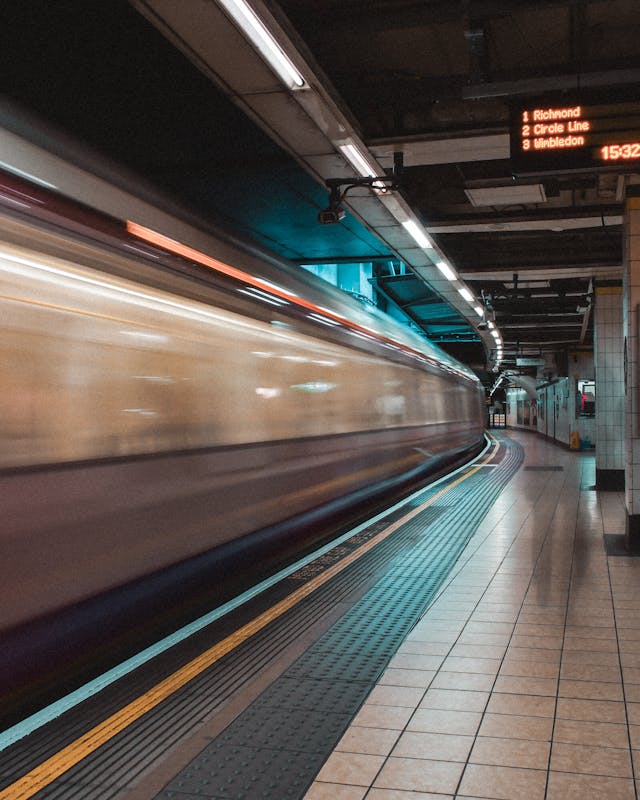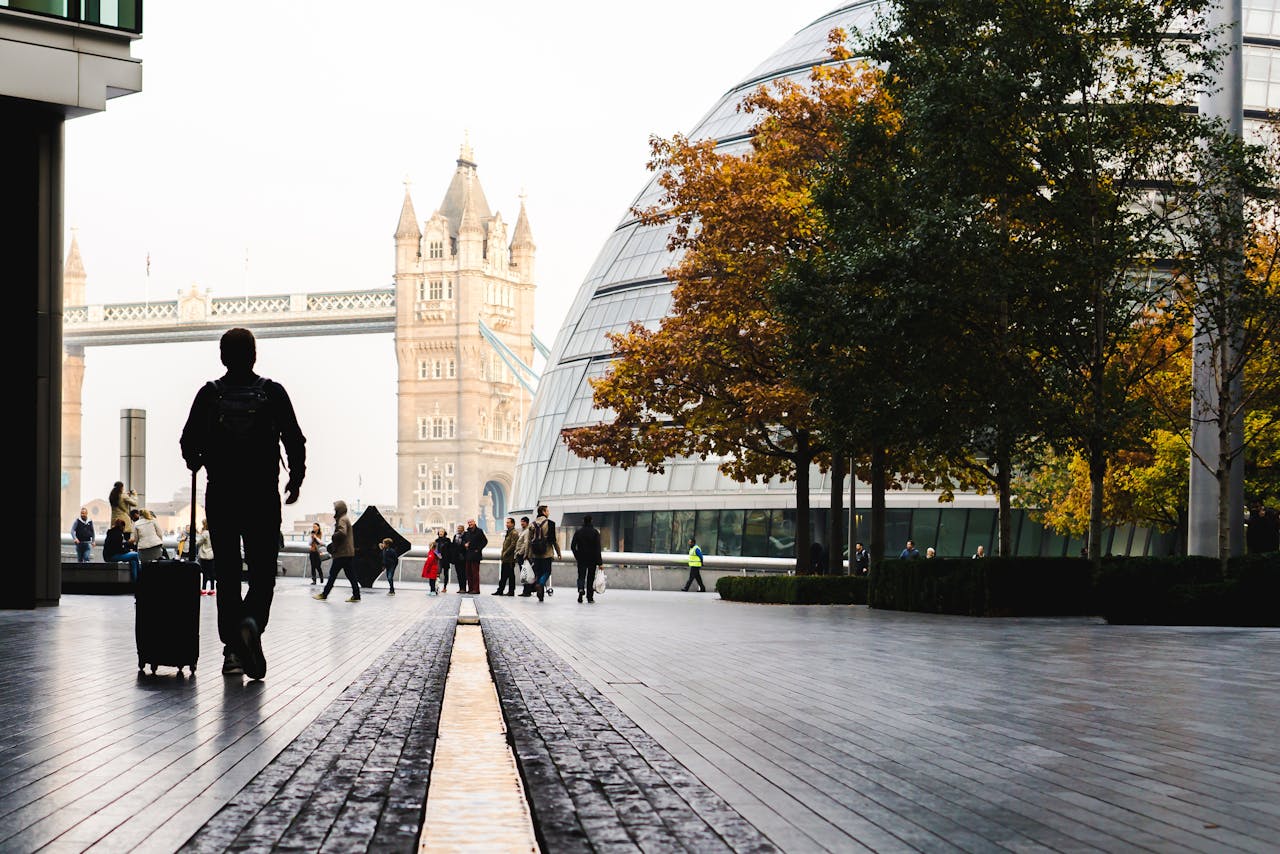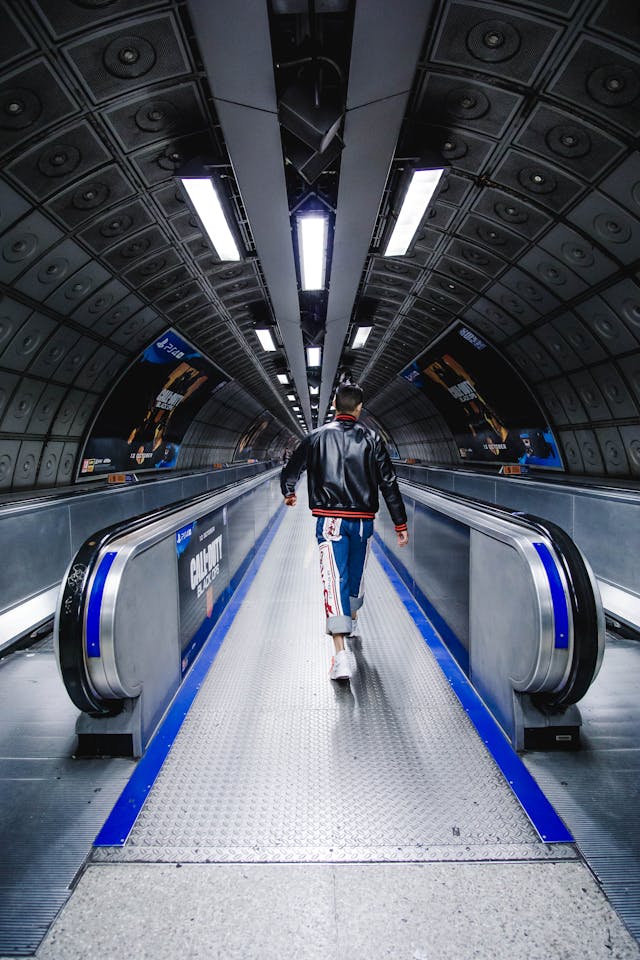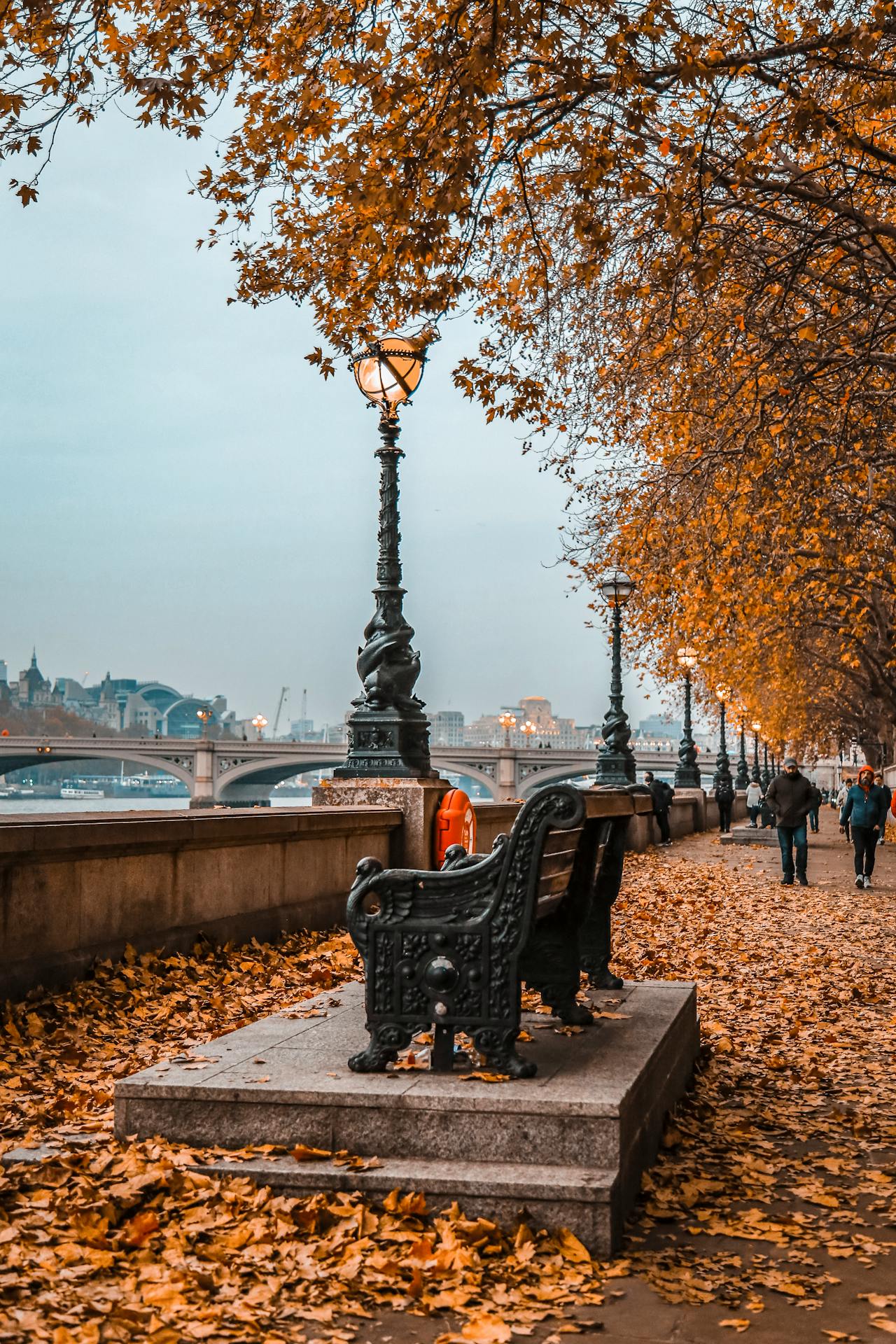about
July 2nd, 2022: The Day Everything Changed

It was a regular summer morning—or at least, it could have been.
It was a regular summer morning—or at least, it could have been. The sun was just rising, the world was beginning to stir, and yet, for me, it was far from an ordinary day. I woke up that morning with a sensation I’ll never forget—severe chest pain that seemed to radiate out, traveling through my jaw and into my left arm, all the way to the very tips of my fingers. It felt like someone was squeezing my chest, and the pain was relentless. As the moments passed, it became terrifyingly clear: I was having a heart attack—a massive one.
Before I knew it, I was in an ambulance, racing towards the hospital. The doctors moved quickly, identifying three blocks in my arteries. Two of them needed immediate attention, and within hours, I was on the operating table. They performed angioplasty, carefully placing two stents—metal rings—to hold my arteries open and ensure the blood flow that my heart desperately needed. I survived, but everything was different.

The Recovery Process: A Time for Reflection
As I lay in recovery, there was little I could do besides rest and reflect. The whirlwind of life came to a halt, and for the first time in a long while, I found myself truly still. I couldn’t help but think about how much of my life had been consumed by the chase—chasing success, chasing achievements, trying to be the best, the most successful, the next big thing. But now, none of that seemed to matter. All I had was time, and in that stillness, I realized just how much we overlook what’s truly important: our health, our families, our friends.
In a strange way, it felt like I had been transported back to childhood. I had no responsibilities, no deadlines, no need to hustle. Instead, I was left to observe the world around me in a way I hadn’t done in years. I noticed the simple things—the sound of silence, the air I breathed, the smell of wet soil after rain. I watched birds drink from small puddles of water, saw sunlight pour in through my hospital window, and for the first time in ages, I slowed down enough to appreciate it.
It was humbling. When you’re lying in a hospital bed, hooked up to machines that are keeping you alive, all those big goals you used to worry about—career success, financial growth, personal achievements—they start to feel meaningless. The world kept turning, but for me, time had stopped. I thought, “Is this it?” and the reality hit hard. Life, with all its fragility, could be taken away in a heartbeat. It wasn’t about goals or numbers anymore. It was about survival, about relationships, about being here.

The Illusion of Hustle Culture
We live in a world obsessed with hustle culture. Everywhere you look, it’s about achieving more, being busier, getting ahead. “Grind harder, sleep later, work now, rest never.” It’s a mantra so many of us have unknowingly adopted. We push ourselves beyond our limits, sacrificing our health, our relationships, and our happiness in the process. And for what? A fleeting sense of achievement? A pat on the back? The numbers on a bank account?
For years, I was one of those people. I bought into the idea that more was always better. I wanted to succeed, to be admired for my accomplishments, to reach higher. But lying there in that hospital bed, none of that mattered. I didn’t care about my goals or the milestones I had set for myself. What mattered was the people around me—my family, my friends, the ones who stood by my side when things were at their worst. It was in those quiet, fragile moments that I realized how much I had taken for granted.
When you’re at your lowest, who really shows up for you? Not the colleagues you shared office space with or the people who applauded your career wins. It’s the ones who love you unconditionally, the ones who care about your wellbeing, not your success. The hustle culture I had once prided myself on suddenly seemed hollow and empty.
During my recovery, I was surrounded by those who truly mattered. My wife, mom, sister, brother-in-law, niece, and nephew were there every step of the way. I am also deeply grateful to my friends—Zia, Subrata, Imranul, Dinu, Javed, Sohel, Hasib, Ziad, Yaser, and Mahdi —who stood by my side during this challenging time. Their presence reminded me of the strength of true connections and the importance of having people who care for you, especially when you’re at your lowest.
A New Perspective
As I slowly regained my strength, I made a promise to myself: I would no longer chase success at the expense of my health and happiness. Life is precious and fragile, and it deserves to be lived fully—not spent in an endless race to nowhere. I’m not saying ambition is wrong or that we shouldn’t strive for greatness, but we need to find balance. We need to remember to pause, to breathe, to spend time with the ones who matter most, and to take care of ourselves.
I now take the time to appreciate the small moments—the laughter of my family, the warmth of the sun on my face, the taste of a home-cooked meal. I no longer work myself into the ground for goals that won’t matter in the end. Instead, I focus on building real connections, on taking care of my health, and on living a life that feels meaningful and fulfilling.
Since the heart attack, I’ve noticed a reduced ability to work as hard as I used to. But rather than seeing this as a setback, I’ve embraced it as an opportunity to shift my focus. With the extra time I now have, I started a blog and YouTube channel to share my experiences, reflections, and newfound perspective on life. It’s a way for me to connect with others, to remind them to slow down and appreciate the little things, and to hopefully inspire them to take better care of their health and their relationships.

Closing Thoughts
That heart attack was a wake-up call in the truest sense. It forced me to stop and reassess everything I thought was important. It reminded me that life is fleeting, and we never know when our time will come to an end. So, instead of rushing through life, I’ve chosen to slow down. I’m learning to savour the present, to cherish the people I love, and to prioritise my health over my ambitions.
Hustle culture might tell you that you need to keep pushing harder, but sometimes, the bravest thing you can do is stop. Stop and appreciate what you have. Because in the end, it’s not the achievements or the numbers that define your life—it’s the love, the connections, and the moments you truly lived.
By weaving this story of recovery, reflection, and newfound clarity, I hope to offer a perspective that encourages you to pause, reflect, and prioritise what truly matters in life.
